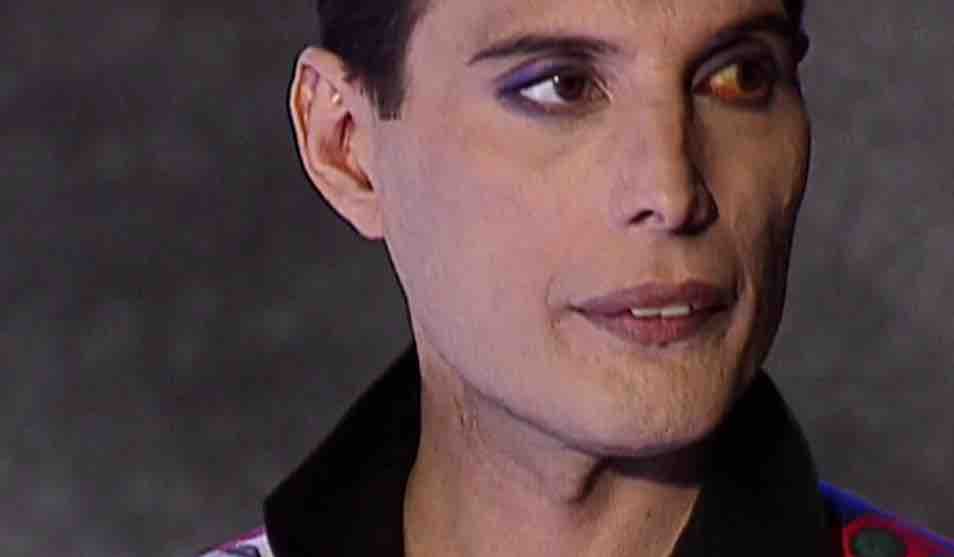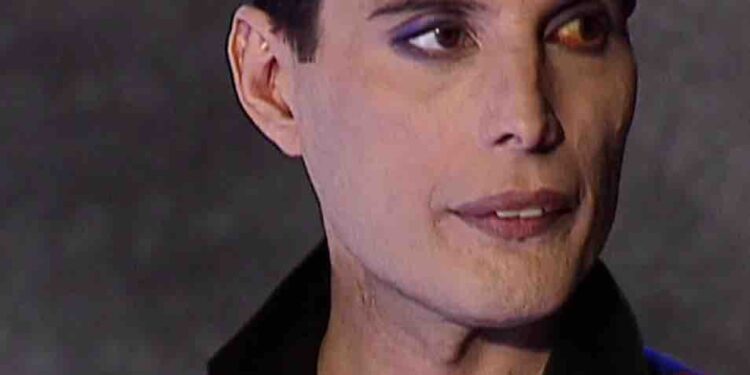Live Aid founder Bob Geldof recently challenged the portrayal of Queen’s performance at the historic 1985 benefit concert. The New York Times claimed that David Bowie was actually the most impactful performer of the day.
Geldof’s comments specifically addressed the depiction in Queen’s biographical film “Bohemian Rhapsody.” He revealed what he considers the true turning point of the Live Aid concert. He said,
“The movie (Queen’s biopic ‘Bohemian Rhapsody’) isn’t right. Queen were completely, utterly brilliant. But the telephone lines collapsed after David Bowie performed.”
The Live Aid founder went on to describe Bowie’s emotional response and decisive action during the concert.
He continued, “David was crying and said he would cut a song from his set to show the CBC (about Ethiopia) report instead. It’s an extraordinary moment during the concert, because at the end of ‘Heroes,’ which the crowd were all singing, he quietly introduces the clip and asks people to send their money in.”
Geldof emphasized the profound impact of Bowie’s performance and its significance to the fundraising effort.
“It was like a slap in the face. Bowie brought the house down. That was the key moment.”
These revelations provide new perspective on one of the most significant charity concerts in music history. The event continues to influence humanitarian efforts decades later.
Live Aid was held simultaneously at Wembley Stadium in London and John F. Kennedy Stadium in Philadelphia on July 13, 1985. The concert attracted roughly 162,000 attendees across both venues. It was broadcast to an estimated 1.5 billion viewers worldwide, making it one of the largest satellite television broadcasts in history at that time.







